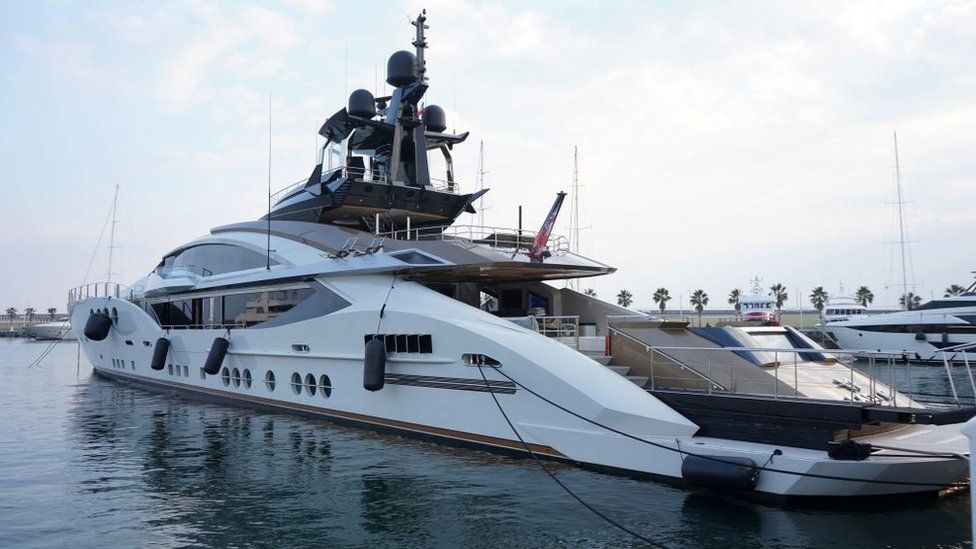Although the US has already announced help for Ukraine, the proposals are a significant ramping up of aid.

“It’s not cheap,” Mr Biden said on Thursday. “But caving to aggression is going to be more costly if we allow it to happen.”
President Biden said US military support to Ukraine has so far amounted to 10 anti-tank weapons for every tank that Russia has deployed to Ukraine.
Despite his strong rhetoric, said the US was “not attacking Russia”. “We are helping Ukraine defend itself against Russian aggression,” he insisted.
In a letter to Congress, Mr Biden said that even as European Union and Nato allies increase their own “larger” contributions to Ukraine’s defence, the need to provide aid to Ukraine will “require a substantial additional investment on our part”.
“What I want to make clear to the Congress and the American people is his: the cost of failing to stand up to violent aggression in Europe has always been higher than the cost of standing firm against such attacks,” he wrote.
Mr Biden’s first funding request after the war began, which was approved by Congress last month, was less than $14bn.
Last week, President Biden authorised a second $800m (£642m) military aid package in as many weeks, as well as $500m (£401m) in direct economic assistance.
The US has moved quickly to help Ukraine since the war began in late February. That includes:
- Releasing $3.7bn in total military and security assistance
- Deploying more than 100,000 troops to Nato member countries in Europe
- Imposing economic sanctions, asset freezes and travel bans on hundreds of Russian oligarchs and politicians
- Imposing sanctions on Russian banks and defence entities
- Blocking key Russian banks from the Swift messaging system
- Banning Russian oil imports
- Banning the use of domestic airspace by Russian aircraft
The White House on Thursday also proposed making it easier for the US to seize and sell Russian oligarchs’ assets, and transfer their proceeds to Ukraine.
Western allies, including European Union member states, have been working together since March to track down the assets of Russian elites, from artwork and real estate to helicopters and yachts.
According to the White House, the US has now sanctioned and blocked vessels and aircraft worth over $1bn, while the EU has collectively frozen over $30bn.
But the new plans laid out by the administration go further, calling for streamlined inter-agency collaboration between the Treasury Department, Justice Department, State Department and Commerce Department.
Thursday’s sanctions measures would allow the US to use the funds from confiscated assets “to remediate harms of Russian aggression in Ukraine”.
The package will “establish new authorities for the forfeiture of property linked to Russian kleptocracy, allow the government to use the proceeds to support Ukraine and further strengthen related law enforcement tools,” the White House said in a statement.

Canada’s government also proposed legislation this week that would allow it to seize and sell off Russian assets.
Under pressure to expand its sanctions actions, the ruling Liberals are pushing for “any type of property” including money, digital assets and virtual currency to be subject to seizure.
Earlier this week, US Secretary of Defence Lloyd Austin convened nearly 40 nations in Germany and announced that several were stepping up their support for Ukraine in order to “move at the speed of war”.
“Ukraine needs our help to win today. And they will still need our help when the war is over,” he told participants.


